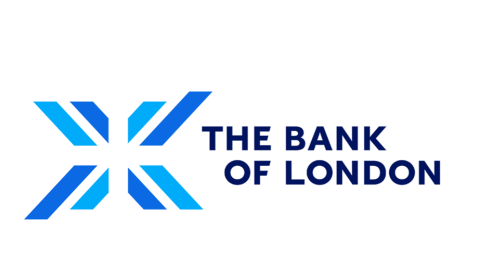DORA Implementation Kicks Off Today: What You Need to Know!
The Digital Operational Resilience Act (DORA) officially takes effect today, marking a significant step toward enhancing Information and Communication Technology (ICT) risk management across the financial sector. This new regulation requires banks and financial institutions to revamp their internal systems to ensure compliance, ultimately improving resilience and strengthening security for personal data.
Understanding DORA and Its Implications
Grant Harper, the global lead for financial services at ITRS, emphasized the timing of DORA’s implementation amidst increasing scrutiny on operational resilience. He stated, “DORA comes at a time when scrutiny over operational resilience continues to intensify. Operational resilience is not just about ticking regulatory boxes; it is about safeguarding reputation and maintaining trust in a competitive market.”
Key Objectives of DORA
The growing complexity of the banking sector, driven by rapid digital transformation over the last decade, has necessitated DORA’s establishment of clear requirements regarding:
- Cybersecurity protocols
- Operational resilience measures
- Risk monitoring and oversight
Challenges Ahead for DORA Compliance
Simon Treacy, a senior associate specializing in financial regulation at Linklaters, highlighted some challenges firms may face in achieving DORA compliance. He noted, “A significant challenge is that the DORA rulebook is still not finalized. Firms will need to be ready to respond to last-minute changes, especially those that impact contracts with IT providers.”
Treacy elaborated that European legislators are currently finalizing detailed rules concerning:
- Subcontracting ICT services
- Threat-led penetration testing
Guidance from the European Commission on the definition of “ICT services” under DORA is also anticipated. Depending on the outcomes, firms may need to extend their implementation efforts.
Ongoing Commitment to Compliance
According to research from Rubrik Zero Labs, 47% of financial organizations in the UK have invested over one million euros in DORA preparation over the past two years. Additionally, 28% reported expenditures ranging from €501,000 to €1,000,000. Alarmingly, 46% of financial institutions identified ransomware as the most significant security threat they face.
Carl Leonard, EMEA cybersecurity strategist at Proofpoint, asserted that organizations should not reduce their efforts post-deadline. He stated, “A critical, and often overlooked, aspect of maintaining resilience is continuous risk assessments, especially when integrating new technologies, services, or third-party suppliers.”
Leonard emphasized the necessity of thorough due diligence and proactive risk evaluation to avoid vulnerabilities and uphold a robust security posture. Maintaining fundamental security practices and “cyber hygiene” is crucial as organizations adopt modern technologies, particularly AI-driven applications.
Future Considerations
In December 2024, the World Federation of Exchanges (WFE) expressed concerns to the European Commission regarding the potential discriminatory impact of DORA regulations.
As the financial sector navigates these changes, the importance of DORA compliance cannot be overstated. Firms must remain vigilant and adaptable to ensure they meet the evolving requirements and protect their operational integrity.







